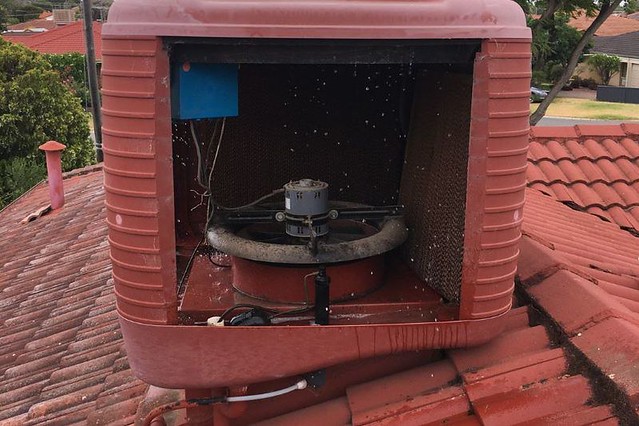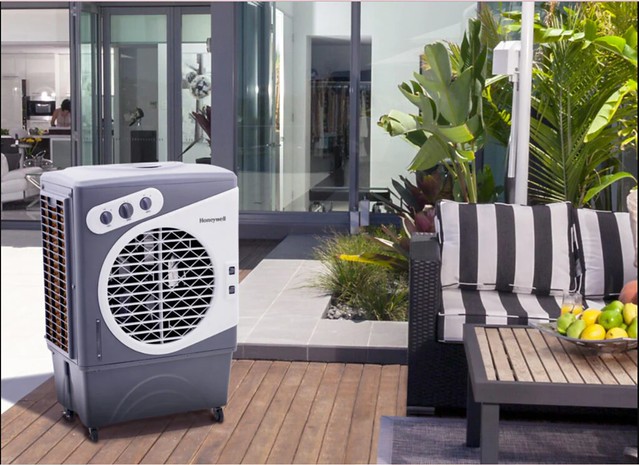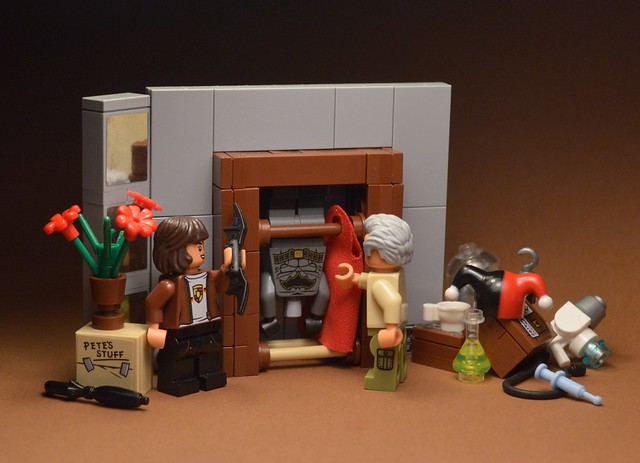Choosing a Shower Water Heater
Whether they’re families or individuals, homeowners depend on reliable access to hot water for showers and other household activities. A shower tankless water heater provides a constant supply of hot water for all your needs with minimal energy consumption.
A point-of-use water heater eliminates the time lag associated with traditional shower tanks by heating hot water as it flows through your pipes. It also saves energy, money, and water.
Energy efficiency
The energy consumption of a water heater is the second largest expense for most families. That’s why it’s important to choose an energy efficient option. Choosing the right size of water heater is important, as well as improving the distribution system in your home. Other energy saving measures include reusing hot water from the shower drain, fixing leaks and adding insulation to pipes.
A tankless water heater is a great choice for reducing your energy use. These water heaters heat whole house electric tankless water heater your water on demand, eliminating the time lag caused by heating up cold water. They also reduce energy costs because they only consume electricity when they’re running, unlike traditional tank models which constantly operate even when you aren’t using them.
However, since they heat the water on demand they can use a lot of power during peak usage. This is particularly important if you’re metered on time-of-use, as you may end up paying for this energy if you shower at peak times.
Solar heating can be a great way to save on energy cost and is becoming increasingly popular in many countries thanks to incentives and policies like financial subsidies and tax credits. It can be expensive to install, but it will reduce your energy consumption and help save on electricity bills in the long run. Make sure that the contractor you’re considering is familiar with this type of installation, though.
Installation
Whether you need a water heater for your shower, bath, or sink, the right unit is essential to providing consistent hot water and improving your home’s energy efficiency. These compact devices save money, water, and energy by heating your water only when it is needed. They also require less maintenance and are easy to install. They are a great choice for families, couples, and individuals who want to upgrade their showering experience.
Point-of-use water heaters are available in both gas and electric models. Some mount directly on the wall tankless heat pump water heater while others connect to your plumbing pipes. They can be installed in different locations in your home, allowing you to make the best use of your space. Some units are designed for showers only, while others can be installed at the kitchen sink or in the laundry room. Both types of heaters are a smart alternative to traditional tank water heaters, which can be more expensive and less efficient.
If you’re interested in installing a shower water heater in your Streator, IL, home, you should first consider the size of your family and how much hot water you use each day. A small unit is ideal for one or two people who take short showers. If you have a larger family or prefer long showers, you may need a larger model.
Maintenance
Your plumbing professional should take the necessary precautions to keep you and your family safe while performing any maintenance on your shower water heater. They’ll first shut off the water and power to your tank. Next, they’ll switch off the cold-water valve, located near the top of the tank. Then, they’ll connect one end of a garden hose to the drain valve on the bottom of the tank and the other end of the hose to a bucket or floor drain (or, if it’s long enough, directly outdoors). Finally, they’ll open the drain valve to release the contents of your tank.
If the water in your tank has sediments, your plumber can flush them out with vinegar. First, they’ll turn off the incoming cold-water supply to prevent spills. Then, they’ll find the TPR valve (temperature and pressure relief) on the side of your tank or, in older tanks, at the top. This is a safety device that can release water to reduce pressure in the tank and protect your house from a fire. Your technician will test the valve by lifting it or pushing on it. If it releases steam or water, you’ll need to replace it ASAP before excessive pressure builds up in your tank.
Your plumber can also insulate your hot-and-cold-water pipes to help save energy and reduce bills. They can buy self-sticking insulation that matches the diameter of your pipes and slide it over your piping. It’s also a good idea to insulate your gas line to your water heater, especially if you live in a cold climate.
Warranty
A water heater warranty will vary depending on the model and manufacturer, but most will cover repairs and replacement parts for a certain period of time. The warranty will also specify limits and exclusions. For example, unauthorized repairs and neglectful maintenance can cause the warranty to be voided. Additionally, most warranties exclude damage caused by natural disasters or acts of God.
When choosing a home warranty, it’s important to consider the company’s track record and client testimonials. A warranty provider should have excellent customer service and technology that makes it easy for homeowners to file claims. Additionally, they should provide detailed explanations of the terms and conditions of the warranty.
A warranty will protect your investment and provide peace of mind. However, it’s important to remember that a warranty does not replace regular professional maintenance. Performing routine maintenance with a trusted plumbing professional will help your water heater last longer and prevent unexpected repair costs. Regular maintenance will also improve energy efficiency and prevent water leaks. In addition, a licensed professional can perform inspections to detect problems and address them before they become costly repairs. It’s also a good idea to get a warranty for your new water heater, as it will give you peace of mind in the event that something goes wrong with your system.


